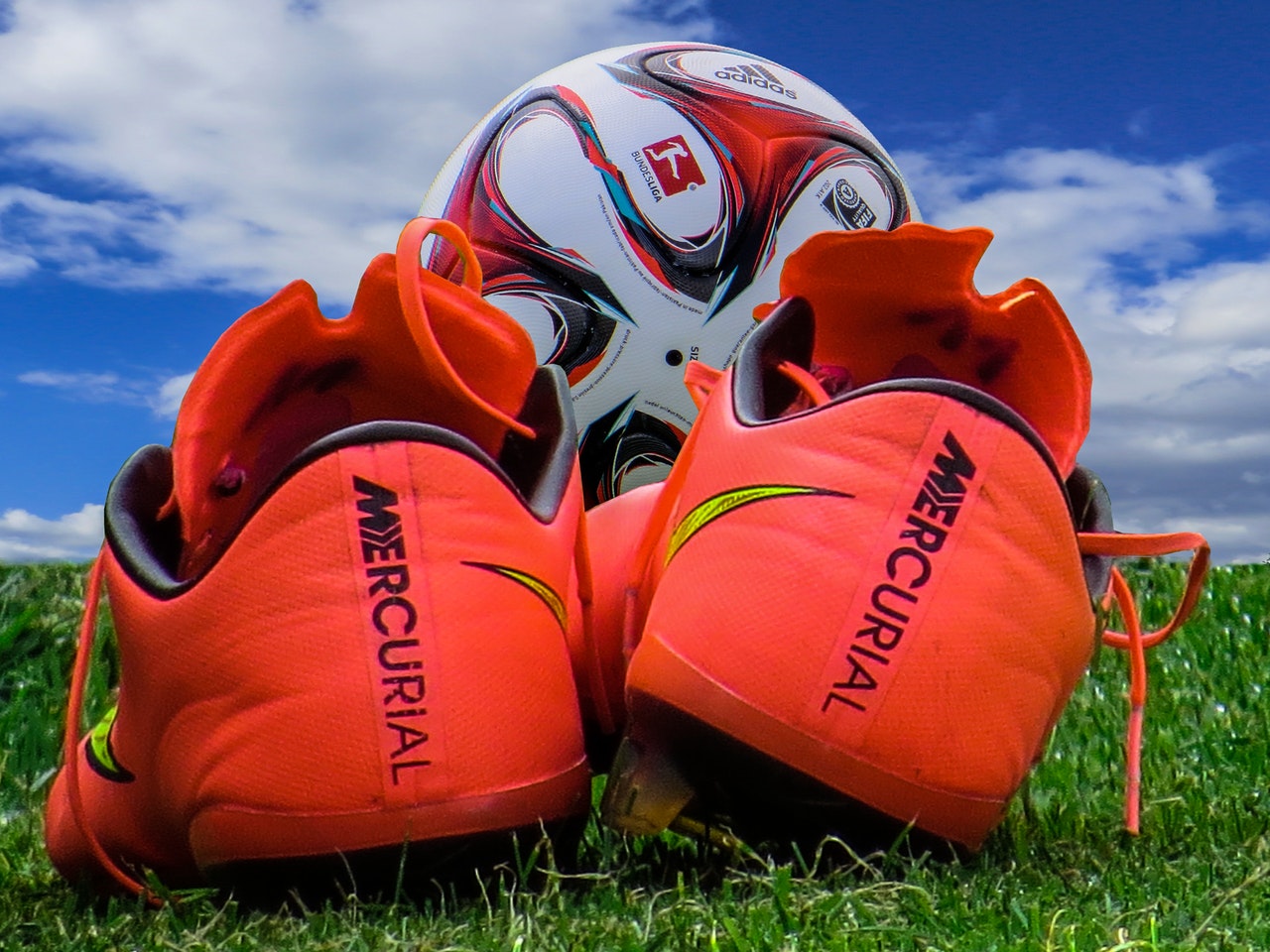Whether you’re traveling with an elementary school baseball team or a high school basketball team, eventually you’ll have to hit the road and head off to another city or region for those somewhat stressful away games. Being away from home with such a large group of people presents a number of challenges, especially when you’re having to supervise and manage younger minors who require more attention than their adult or adolescent counterparts. Planning ahead is important to avoid any unnecessary hassles or mishaps that could be avoided with a bit of due diligence and preparation. With that said, here are a few steps you can take to ensure maximum convenience for your traveling sports team.

1. Bring the Right Gear
Transporting sports equipment is one of the biggest issues when it comes to loading up and unpacking everything. Luckily, there’s no shortage of sports travel gear designed to accommodate virtually every need you can think of for any sport. To get an idea of what kind of gear you can use to simplify your traveling experience, check out gear-related blogs and catalogs for inspiration. For example, ThePlanetofBaseball.com contains reviews for common baseball gear types such as specialized backpacks and bat carriers.
2. Book Accommodations in Advance
Arriving at your destination and then having to worry about hotels, camping, lodging, or other forms of hospitality is simply not the best game plan if you want to ensure everything goes smoothly. Instead, be sure to take care of all booking and reservation duties at least 1-2 weeks in advance. Not only will this eliminate the concern of having to handle things at the last minute, it’ll also position you to get the best possible price. Likewise, inquiring about group discounts is also recommended if budgeting is a factor.
3. Delegate Logistics to One Person
Although splitting up duties might seem like a wise choice, ultimately it can lead to a lot of confusion and miscommunication. Thus, it’s best to choose a single event organizer to take care of the travel plans for the team. Taking this approach can also help you maintain accountability in the event that team funds are misused or misappropriated.
4. Bring Adequate Nourishment
Last but definitely not least, you don’t want your team going hungry and losing valuable energy as a result. Relying solely on restaurants and fast food could leave your players feeling lethargic after having to digest large or less-than-ideal meals. To give your athletes the edge and keep their energy levels up, you should bring plenty of healthy snack foods like protein bars, salads, sandwiches, juices, and maybe even a cooler or mini-fridge stocked with fresh produce.
Informing the Team
Finally, to keep the trip fully organized and prevent any misunderstandings, it’s best to review your plans with the team before departure. This way, everyone will know what they need to bring along and what to expect. After all, you don’t want your players and staff showing up with too much excess equipment, gear, or food after you’ve already taken care of that aspect of the trip.



